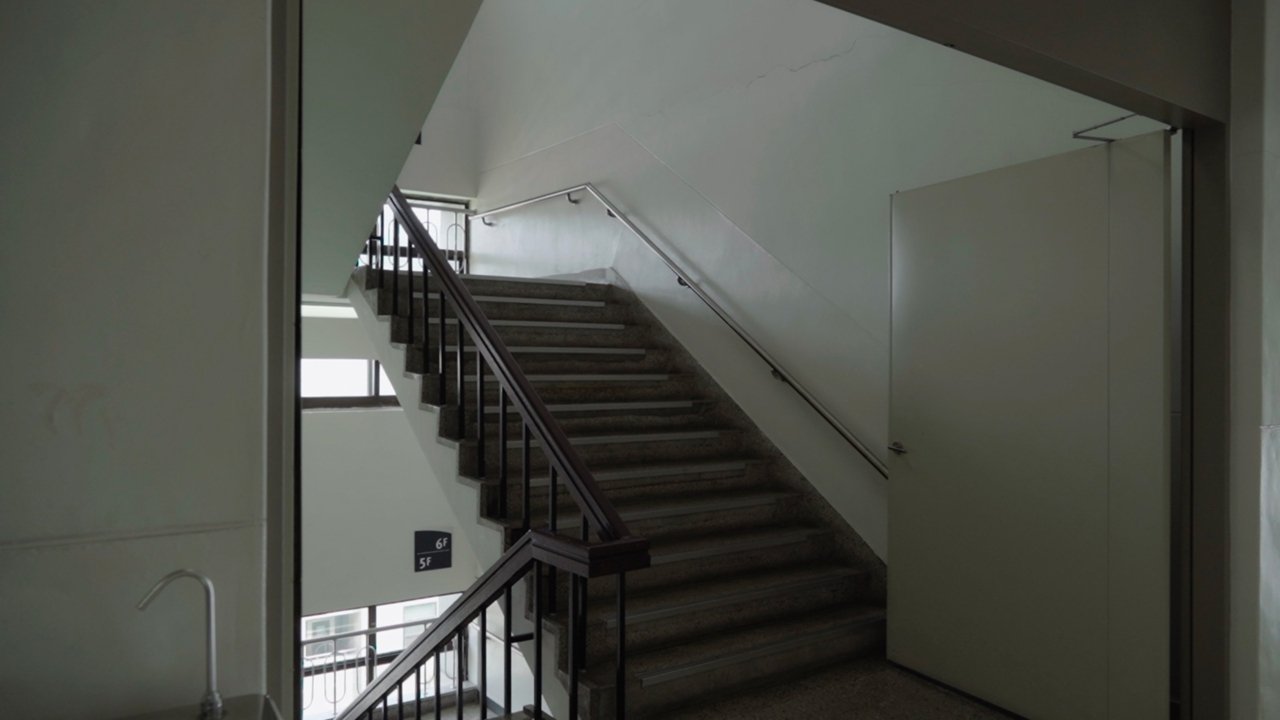

Similar to 9 Days in the Summer
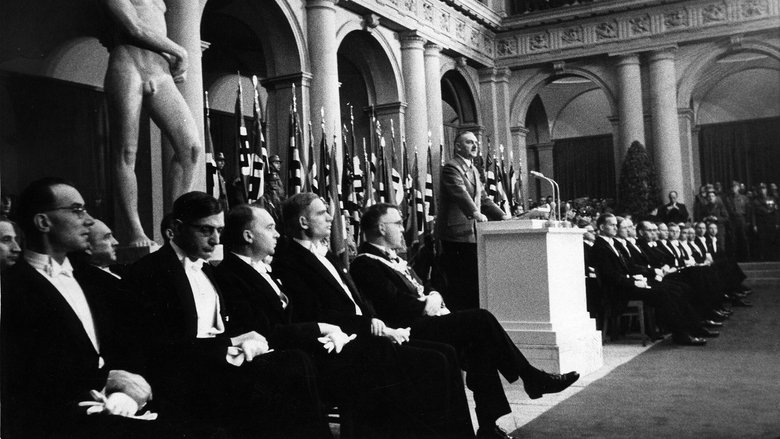
Research and Crime: the Reich University of Strasbourg (2018)
Strasbourg was home to one of three Reich Universities founded by the Nazis, known as a project close to Hitler's heart. The university, founded in 1941, is infamous for the human experiments performed on KZ prisoners by the professors of the medical faculty. What did its dean, Johannes Stein, grandfather of documentarian Kirsten Esch, know of these crimes?
Trip to Asia: The Quest for Harmony (2008)
Journey with the musicians of the Berlin Philharmonic and their conductor Sir Simon Rattle on a breakneck concert tour of six metropolises across Asia: Beijing, Seoul, Shanghai, Hong Kong, Taipei and Tokyo. Their artistic triumph onstage belies a dynamic and dramatic life backstage. The orchestra is a closed society that observes its own laws and traditions, and in the words of one of its musicians is, “an island, a democratic microcosm – almost without precedent in the music world - whose social structure and cohesion is not only founded on a common love for music but also informed by competition, compulsion and the pressure to perform to a high pitch of excellence... .” Never before has the Berlin Philharmonic allowed such intimate and exclusive access into its private world.
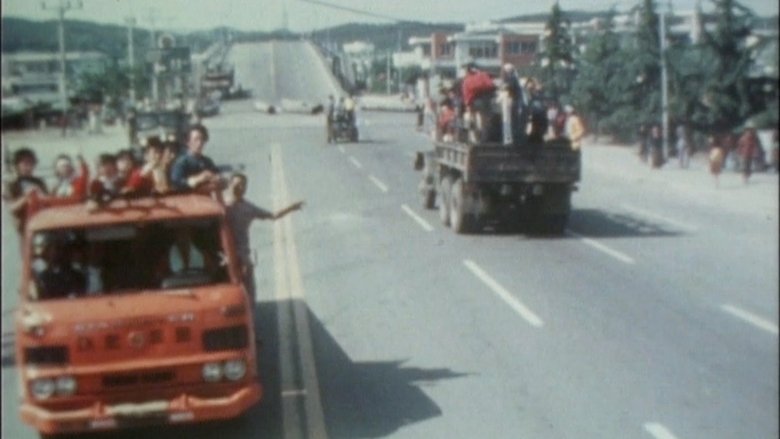
The Hinzpeter Story (2018)
In May of 1980, the city is locked down and phone lines are dead because of protests and struggles in demand of democracy. Just when Gwangju was being ignored by the media, Jurgen Hinzpeter, a reporter from Germany, sneaks in despite the danger!
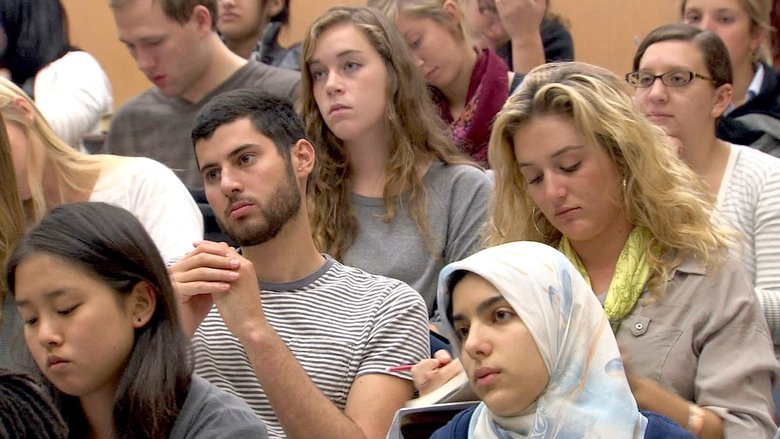
At Berkeley (2013)
Direct cinema pioneer Frederick Wiseman takes an in-depth look at the preeminent American university during a fall semester that saw a vigorous debate taking place over tuition hikes, budget cuts, and the future of higher education in the United States.

Talking Architecture, City: Hall (2013)
A documentary film about Seoul City Hall Construction. The construction project has a hard going in every way. A city plan, excessive administrative notions, a design and all got mingled up. Can the project sail, yes?
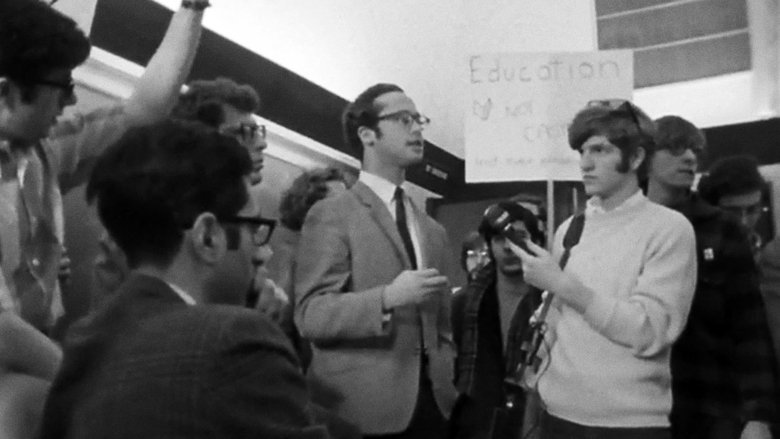
Occupation (1970)
Students seeking greater control over the hiring of faculty occupy the offices of the Political Science Department at McGill University. The film crew lives with the students and follows their action through confusion, argument, dissent, and negotiations with faculty. The result is an intimate view of a student political action.
Concerned Student 1950 (2016)
A series of racist acts prompts three Mizzou students to pick up cameras and take us inside the student movement that brought down their college president. From the hunger strike, to victory, to the fear of violent reprisals, we live with the students who started a campus revolt.
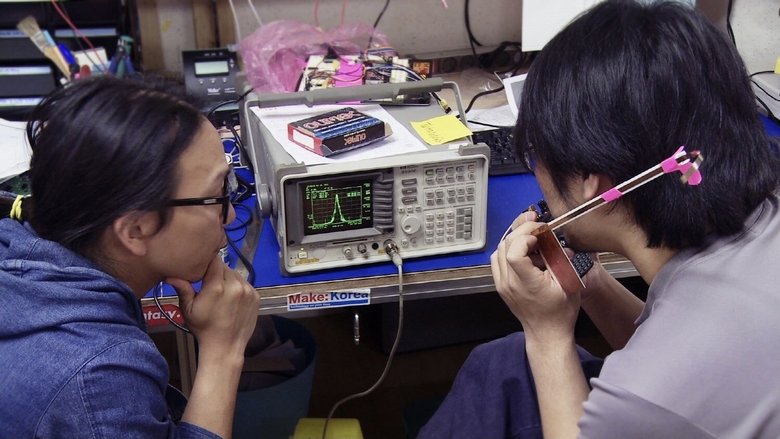
The Basement Satellite (2015)
In his Mangwon-dong basement art studio, a media artist Song Hojun dreams of making a satellite and shooting it out to space. He wants to make his dream real through OSSI(Open Source Satellite Initiative) movement. He tries to build a BIY satellite, and to sell 10,000 T-shirts for the 100 million won budget. His seemingly reckless and utterly ambitious project begins. Would his dream become real?
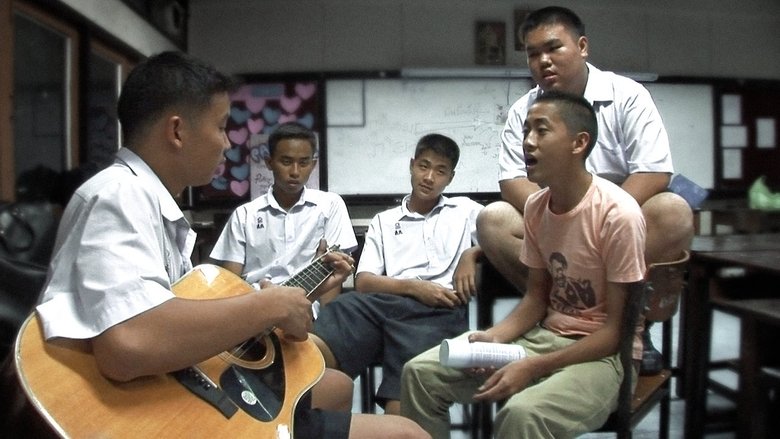
Final Score (2007)
In this documentary, four boys spend their senior year of high school studying for college-entrance exams that only one in five students will pass.
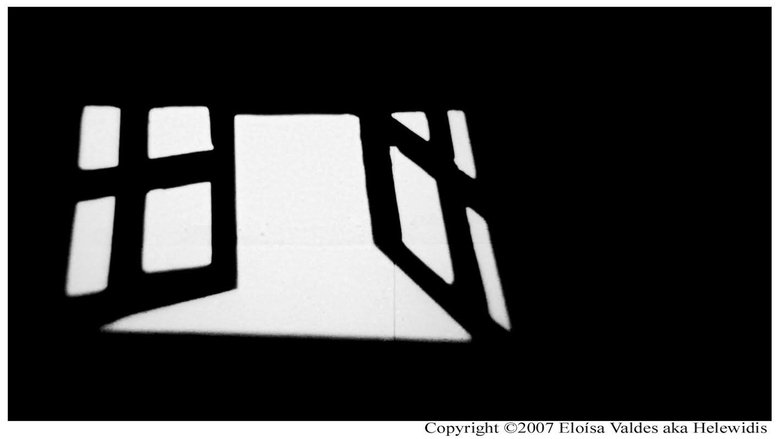
State of Exception (2007)
Estado de Excepção is a documentary about CITAC (Coimbra Theater Initiation Circle), a university theater group, revealing history since it was constituted in 1956 until the aftermath of the 1974 revolution. It is the history of the theater group university and, through it, the history of theater in Portugal, revealing two remarkable decades of the History of Portugal. Through the Academy of Coimbra, the documentary reproduces student life, the position of women in society, and the change in mentalities of being and being in the world. It reproduces the existing censorship and the fight against the dictatorship, the resistance to an exhausted regime, as well as the emerging contradictions of the democratic revolution. CITAC has a heritage of 50 years of experience in Coimbra. It carries with it the possibility of the theatrical and civic formation of thinking bodies, constituting a proper ball of a possible model, generation by generation, between studies, theater, and social drama.

Acadia Acadia?!? (1971)
In the late 1960s, with the triumph of bilingualism and biculturalism, New Brunswick's Université de Moncton became the setting for the awakening of Acadian nationalism after centuries of defeatism and resignation. Although 40% of the province's population spoke French, they had been unable to make their voices heard. The movement started with students-sit-ins, demonstrations against Parliament, run-ins with the police - and soon spread to a majority of Acadians. The film captures the behind-the-scenes action and the students' determination to bring about change. An invaluable document of the rebirth of a people.
Sons and Daughters (1967)
The Vietnam War protest movement from the student point of view is the basis for this documentary shot in the San Francisco Bay area and dealing mainly with a protest march from the University of California to the Oakland Army Terminal in 1966.

BTS World Tour: Love Yourself in Seoul (2019)
Shot at the Olympic Stadium in Seoul during the BTS World Tour ‘Love Yourself’ to celebrate the seven members of the global boyband and their unprecedented international phenomenon.
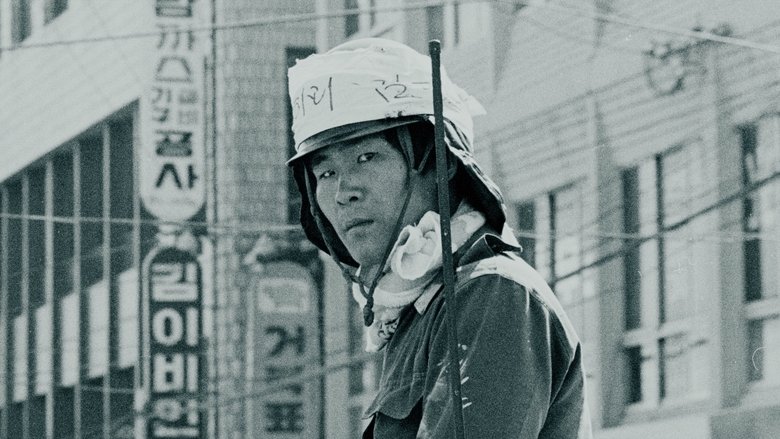
Kim-Gun (2019)
KIM-GUN searches for the whereabouts of a young man whose identity has sparked a national controversy over the 1980 May 18 Gwangju Uprising. Starting with the vague memories of those who had crossed paths with him during that time, the film tracks down those who participated in the Uprising as “Citizen Soldiers.” It also traces KIM’s final steps, based on photographic clues found in the firearms he carried and the “Surveillance Truck No. 10” in which he rode. By identifying KIM-GUN, we believe that we can find valuable leads to resolving the ongoing controversy over May 18. Why did a nameless young man join the Uprising? Why did he take up arms? Where has he gone afterwards? It is the answers to these questions that the film seeks.
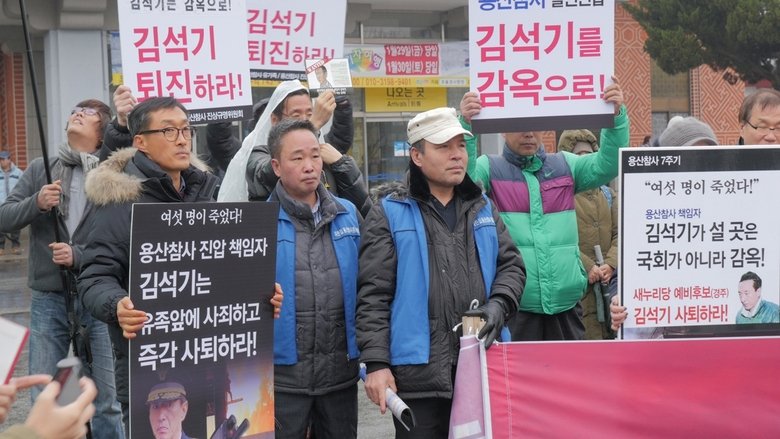
The Remnants (2018)
In October 2015, the evicted residents who had imprisoned on a false charge of killing a policeman assembled in a place for the first time after the Yongsan Disaster six years ago. They had occupied a watchtower against unreasonable redevelopment policies and in protest against violent suppression used by riot police in 25 hours of their sit-in demonstration. Their colleagues had died from an unknown fire, and they became criminals. The delight of meeting again lasts only briefly. The ‘comrades’ rip out cruel words while blaming each other.

Bitter, Sweet, Seoul (2014)
Over 98 days from August 20th to November 25th 2013, 2821 people from around the world sent 11,852 video featuring many different faces of Seoul. 154 were selected, edited, and made into a movie.
No Name Stars (2011)
This year is the 30th anniversary of the Gwangju Democratization Movement. Though the country commemorates the event as the official historical records, it does not include any 'real' accounts of the people who experienced it firsthand. The students who were part of the movement; the female vendors who made rice balls for the students; the female high school students cooked at the government building; now, past their middle age, they live as ordinary citizens in Gwangju city. How is the event remembered by these people?

Playboy: College Girls (1994)
Year in, year out, Playboy magazine's college pictorials are a big hit. Now, for the first time ever, our course in collegiate beauty comes to video with some of the most beautiful student bodies in the nation.

Tell Them We Are Rising: The Story of Black Colleges and Universities (2017)
A haven for Black intellectuals, artists and revolutionaries—and path of promise toward the American dream—Black colleges and universities have educated the architects of freedom movements and cultivated leaders in every field. They have been unapologetically Black for 150 years. For the first time ever, their story is told.

Joshua: Teenager vs. Superpower (2017)
When the Chinese Communist Party backtracks on its promise of autonomy to Hong Kong, teenager Joshua Wong decides to save his city. Rallying thousands of kids to skip school and occupy the streets, Joshua becomes an unlikely leader in Hong Kong and one of China’s most notorious dissidents.